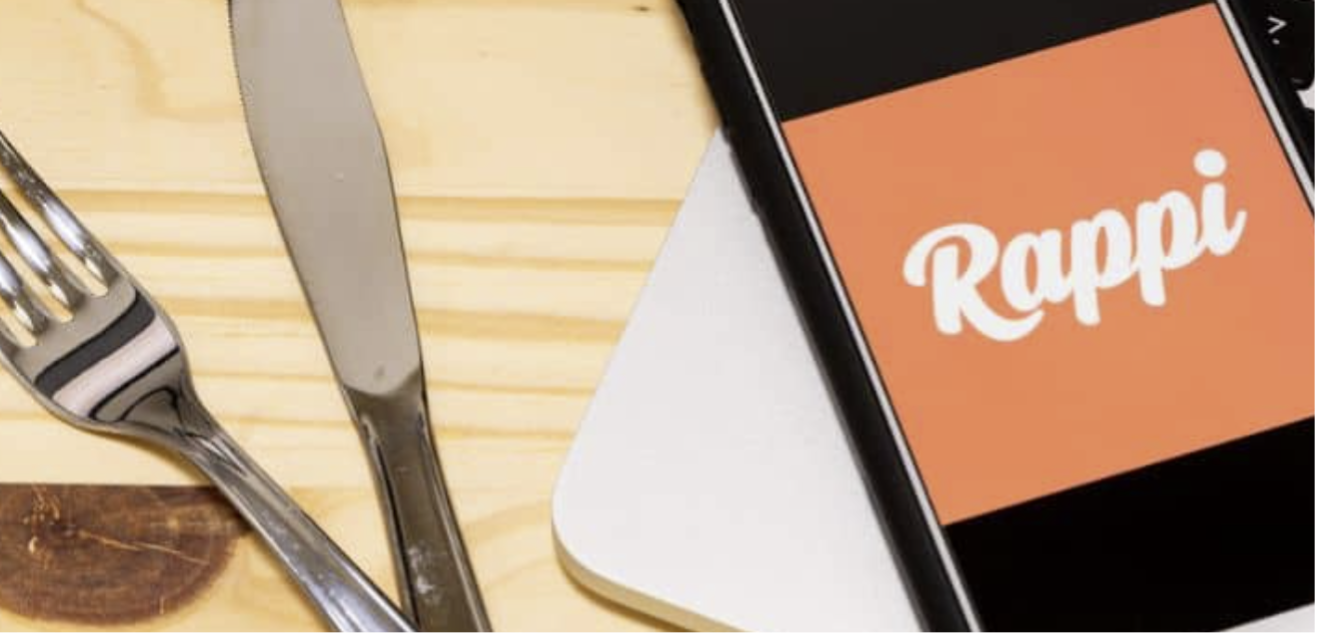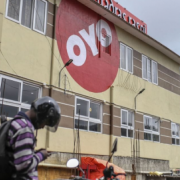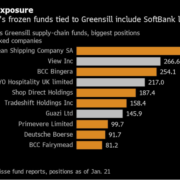Another Implosion Begging To Happen
There’s a reason why Softbank lost $32 billion in technology investments last quarter, and it stems mostly from terrible investment decisions.
Most of Masayoshi Son’s Softbank targets are at the small time level where a few hundred million of revenue per year is something they are interested in.
The thinking behind this is to hit those 10 baggers, and to his credit, he did pocket some of those like Alibaba and Uber in the days of yore.
A broken clock is right twice a day.
Do Son’s actions signal a turning of the corner from his hefty losses?
I would strongly suggest he is doubling down on his losing strategy based on what he’s green-lighted in South America.
Take for instance the recent news of his investment in Rappi, a food delivery app that has grown into one of Latin America’s most-valuable startups.
They just announced they will offer loans to restaurants in Mexico and Colombia.
The plan is to offer loans to restaurants that have been selling via the app for at least three months.
The foray into commercial lending shows how Rappi has adapted its business model to add more revenue streams in the eight years since it started as a grocery delivery business.
Facing stiff competition from the likes of Naspers Ltd’s iFood and UberEats, Rappi has increasingly embraced financial technology as it expands in the region.
In its latest push, Rappi is targeting $60 million in loans across the two countries.
Rappi didn’t disclose the terms of the loans it will offer. The credits will be repaid through the restaurants’ sales via the app.
The company could expand the loan business to some of the other nine countries where it has operations as soon as this year.
This strategy screams desperation and low-quality decision-making.
Restaurant revenue isn’t stable enough to base a loan on a highly changeable industry.
There are no fixed contracts as to how many tacos per month are sold and the hilarious concept of offering loans based on 3-months of operating the app is irresponsible.
The company wouldn’t comment on what type of terms they would offer because they most likely will be highly predatory because this maneuver is highly risky.
Don’t expect Japanese bond levels of 0% and think of something more like 18% similar to Russian mortgage rates.
My understanding here is that management is trying to pump up revenue in the short term just to shine up the business metrics for the IPO.
After the IPO, the management will be able to cash out, and then management can throw the business to the wolves for all they care.
The great news here is that Softbank funding this type of weak tech business model is good for the entire tech ecosystem because tech needs that sucker that juices up the purses.
If other parts of tech didn’t get any investment, then there wouldn’t be the top 7 big tech stocks that boss the S&P.
Much of the reason tech shares have reached Himalayan highs is because a stream of short-sellers must cover their shorts with every explosion to the upside.
Son subsidizing the bottom feeders of global tech apps is in fact positive for Silicon Valley as a whole.
Tech needs guys like him to get stuck with the bill so people like us cash out at the top.
It’s a dog-eat-dog world.
Unfortunately for Rappi, the restaurant loan business is ripe to implode betting on a financially unproven population to power this app to the public market.
Rappi’s management better hope they can unload vested shares before the whole game is up.




